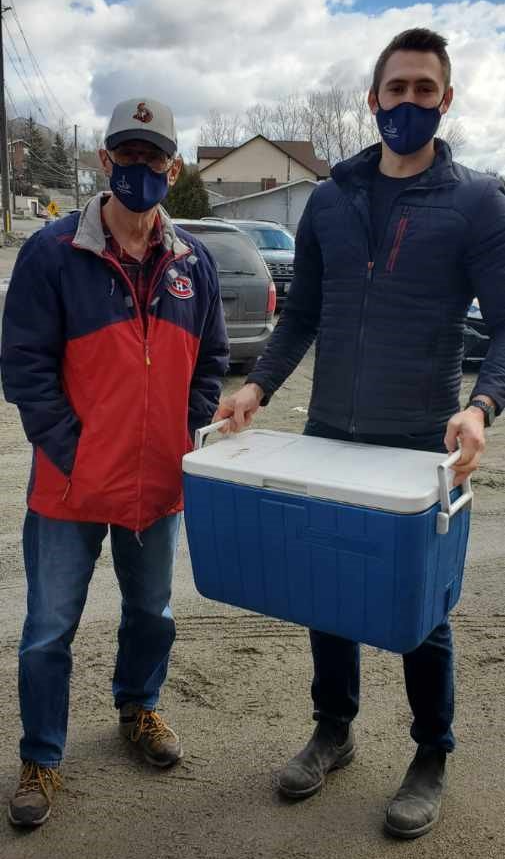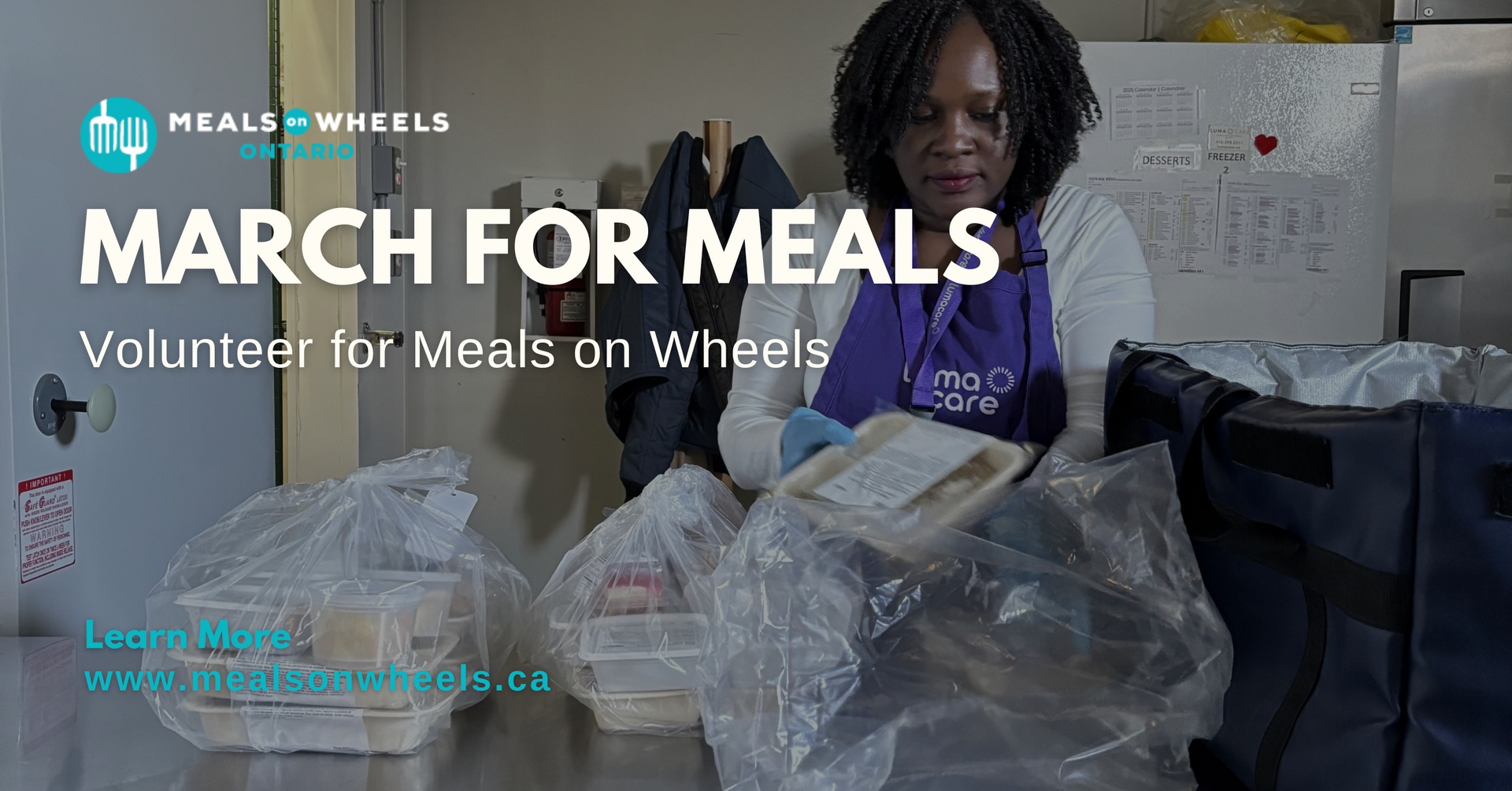Following the onset of COVID-19, Meals on Wheels (Sudbury) — like many community support service organizations — saw its intake numbers more than double, and the OCSP funding ensured the organization could handle the uptick, in their case, by expanding delivery routes and increasing their numbers to serve clients in need.
Additionally, they saw an opportunity to start a grocery program for their clients. Forming partnerships with local grocers and setting up charge accounts for participating clients, the organization uses volunteers to shop during the safest dates and times, and then invoices clients monthly to remain contactless.
This service, borne out of the desire to keep vulnerable community-members safe in their homes, has been wildly popular with community-members, and Shannon Ketchabaw, Executive Director of MOW (Sudbury), says clients have already expressed concerns about the program ending. “We couldn’t do it before because we didn’t have the capacity to do so, or the money required to do it...but I am making arrangements to keep it going moving forward,” she explained.
“We don’t have an abundance of clients but we have regular clients that are reliant on it. They have health care needs, this service is beneficial to them and they need it,” she expands, “But without certain funding in place, I don’t know that we would be where we are today. Without the OCSP funding, and the support of our community, we would probably have been in a lot more trouble.”







